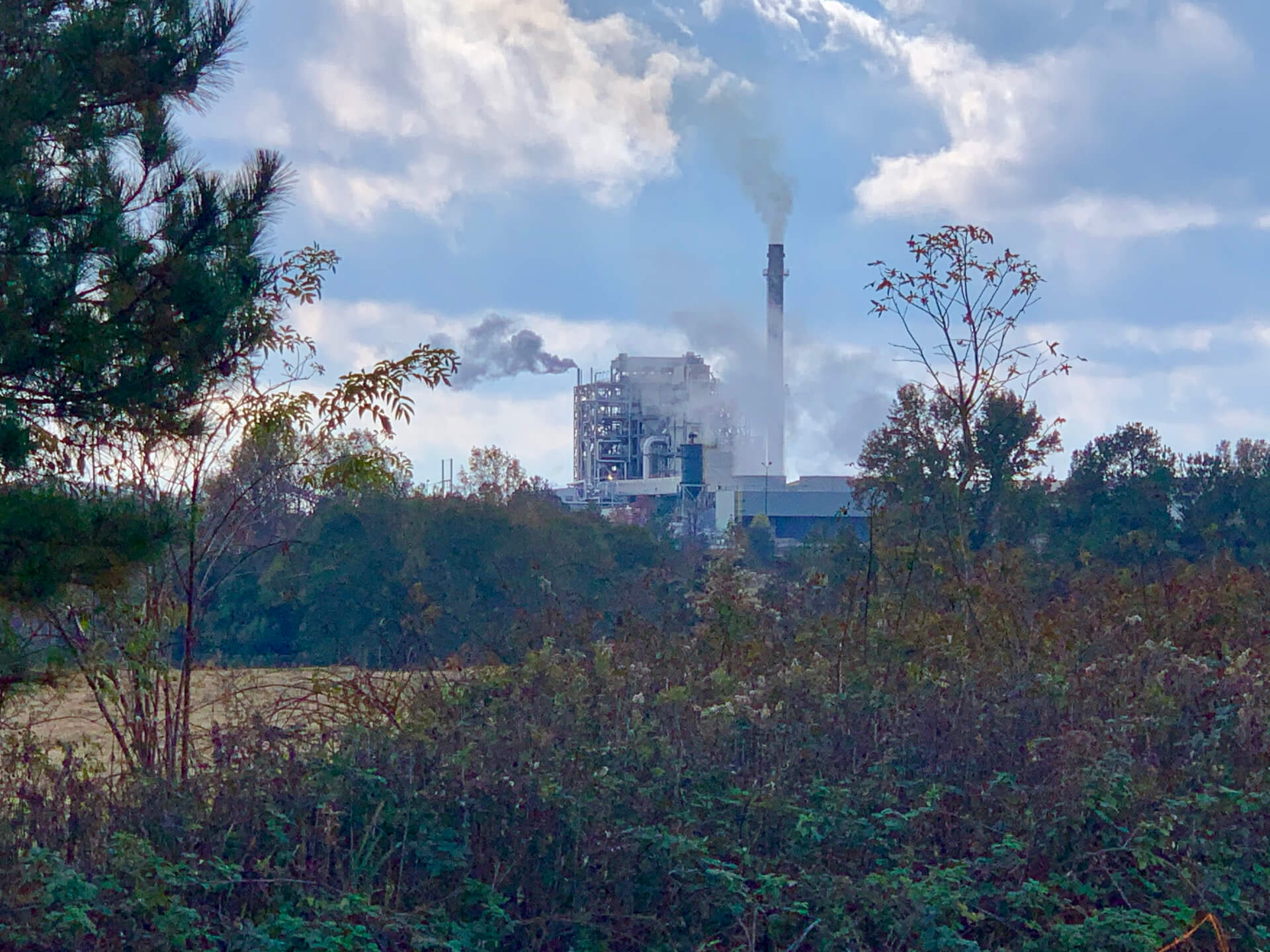
The smelly emissions from power plants that sometimes burn chemically treated railroad crossties to generate biomass energy have been a nuisance for nearby residents in two northeast Georgia counties.
On Thursday, the burning of creosote-treated wood in Georgia is closer to coming to a halt after the Georgia Senate joined the House in unanimously backing House Bill 857, which bans wood-burning plants like the ones in Madison and Franklin counties from burning crossties. The plants’ neighbors say burning the chemically treated crossties poses an environmental danger and creates a noxious odor.
The legislation now heads to Gov. Brian Kemp’s desk for his potential signature.
Sen. Frank Ginn, who was Franklin County’s manager a decade ago when its plant was built, said the energy-producing plants are key economic engines for their communities, but the crosstie burning needs to stop.
“I’m going to tell you that smokestack, it looks like a freight train,” said Ginn, whose district includes both counties. “It is the worst stuff in the world that’s coming out of there.”
The noise and air pollution led to citizen coalitions forming in opposition to the two plants owned by Alabama-based Georgia Renewable Power.
Several members of the Madison County Clean Power Coalition said they are encouraged by the strong support from the lawmakers, including GOP bill sponsors Rep. Alan Powell of Hartwell and Sen. John Wilkinson of Toccoa.
“It took a handful of determined, outspoken people to make something happen like this, in honestly a short period of time,” coalition co-chair Gina Ward said.
A 2016 federal rule change endorsed by the energy industry allowed for some power plants to use the creosote-treated railroad ties as fuel. The plants sell electricity to Georgia Power, which is reducing its reliance on coal-fired plants in favor of alternatives like biomass and solar.
The Georgia Environmental Protection Division issued permits last year for each of the plants to use crossties for as much as 20% of fuel.
State environmental inspectors cited the Franklin plant for a fish kill last year after workers poured water onto a flaming pile of wood and the runoff flowed into a nearby creek. The Madison plant received complaint notices from state inspectors for air pollution and unpermitted runoff.
“When the plants were constructed it was illegal to use anything to treated with creosote as a source of fuel,” Wilkinson said. “These plants were constructed in residential areas that people had the understanding they would use clean wood chips and wood products and in forest byproducts to generate electricity.”
More work remains for the Madison coalition in fighting noise and other issues at the plant, according to another coalition member.
“Georgia Renewable Power came here under false pretenses and misinformation,” co-chair Drago Tesanovich said. “This is the first really big step in having them correct their operation.”







